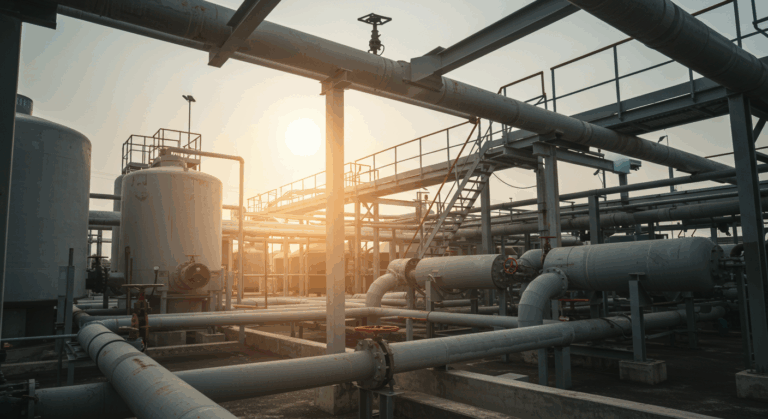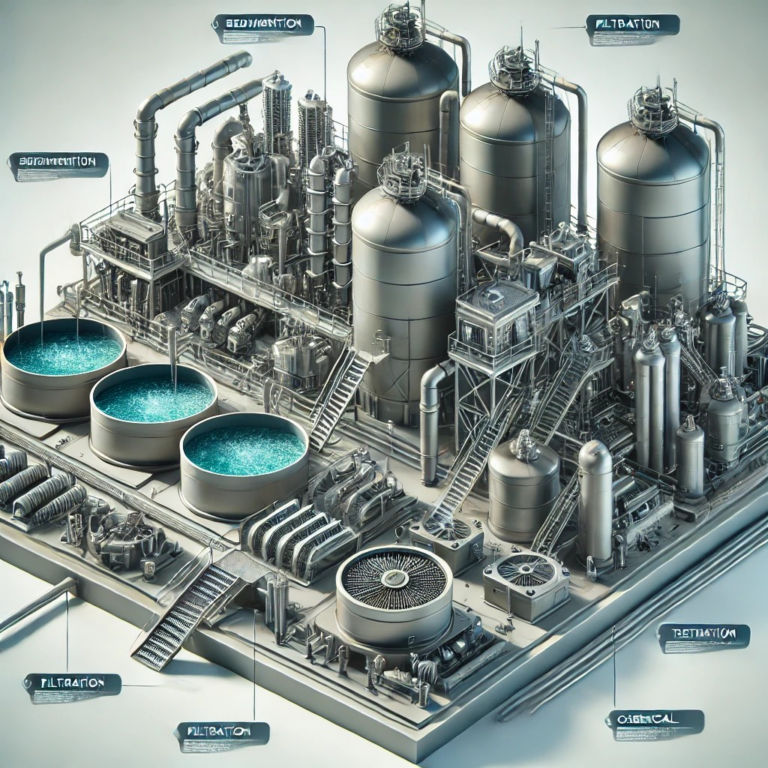Flow Testing: Ensuring Accuracy and Efficiency in Wastewater Systems
Flow testing is an essential process for verifying the performance, accuracy, and safety of wastewater systems. By measuring the rate and consistency of water flow through pipes, pumps, and treatment equipment, operators can ensure their systems are functioning correctly and meeting regulatory requirements. Whether for a municipal treatment plant, industrial facility, or commercial wastewater system, flow testing plays a vital role in maintaining operational efficiency and compliance.
Why Flow Testing Matters
Accurate flow measurements are critical for several reasons:
- Ensuring system performance meets design specifications.
- Maintaining compliance with environmental regulations.
- Identifying inefficiencies that can lead to higher operating costs.
- Preventing equipment damage caused by excessive flow rates or pressure.
- Supporting accurate billing and reporting for water usage and discharge.
Without regular flow testing, unnoticed issues can lead to compliance violations, reduced system performance, and costly repairs.
How Flow Testing Works
Flow testing involves using specialized equipment to measure the volume of water moving through a system over a specific period. Common methods include:
- Insertion meters – Devices inserted into a pipe to measure velocity and calculate flow.
- Ultrasonic flow meters – Non-intrusive devices that measure flow using sound waves.
- Magnetic flow meters – Using magnetic fields to detect flow rates with high accuracy.
- Volumetric methods – Physically measuring the time it takes to fill a known volume.
The choice of method depends on the system’s design, pipe size, and operational conditions.
Applications of Flow Testing in Wastewater Systems

Flow testing is used in a variety of settings, including:
- Verifying pump output and performance.
- Measuring flow to and from treatment facilities.
- Testing fire hydrants for adequate water pressure and flow.
- Identifying leaks, blockages, or inefficiencies in pipelines.
- Ensuring accurate data for system calibration and reporting.
Frequency of Flow Testing
The ideal testing frequency depends on system type and usage:
- Municipal wastewater systems often require annual or semi-annual testing for compliance.
- Industrial facilities may perform quarterly or even monthly tests to ensure production reliability.
- Systems experiencing performance issues may need additional tests until the problem is resolved.
Common Issues Identified Through Flow Testing
Routine flow testing can reveal hidden problems, such as:
- Undersized or overworked pumps.
- Leaks in pipelines reducing system efficiency.
- Clogs or obstructions causing reduced flow rates.
- Inaccurate meter readings affecting data and billing.
The Role of Professional Flow Testing Services
While some basic testing can be done in-house, professional flow testing offers greater accuracy, advanced equipment, and detailed reporting. Skilled technicians can interpret results, recommend corrective actions, and ensure testing is conducted according to regulatory standards.
How Waste Water Supply Supports Flow Testing
At Waste Water Supply, we provide the products and expertise you need for accurate, reliable flow testing. From high-quality meters and sensors to replacement parts and system upgrades, we help ensure your wastewater operations remain efficient, safe, and compliant.
Maintain Compliance and Performance with Flow Testing
Flow testing is more than just a regulatory requirement—it’s a proactive step in protecting your wastewater system’s performance and lifespan. Regular testing ensures accurate data, prevents costly breakdowns, and keeps operations running smoothly.
Contact us today to learn more about our flow testing solutions and how we can help you keep your wastewater systems operating at peak performance.







